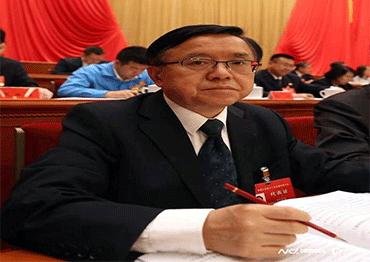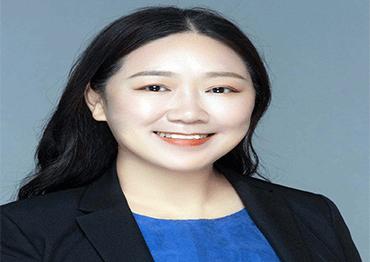“The traditional idea that women primarily shoulder parenting duties persists, with 63.7 percent of children under 3 cared for by mothers. It is crucial to promote and widely implement the concept of shared parental responsibility between fathers and mothers.”
Xia Jie, CPPCC member and former deputy director of the AllChina Women’s Federation, suggesting to include a parent-friendly environment into the social responsibility scope of employers
“We should enhance the farmer pension system to match the annual growth rate of rural residents’ per- capita disposable income. Over 60 million rural households should have access to improved social security for elderly support.”
Lian Yuming, member of the Chinese People’s Political Consultative Conference (CPPCC) and founder of the Beijing Institute of Urban Development, suggesting to raise government pensions for farmers by at least 100 yuan (US$14) per month
“Eliminating the deductible for medical treatment at grassroots medical facilities will not only reduce patients’ economic strain but also incentivize more residents to seek care at these facilities, which will help optimize the distribution of medical resources.”
Proposed by Li Dongsheng, a delegate to the 14th National People’s Congress (NPC) and founder-president of leading home appliance maker TCL��
“Digital information technologies are blurring the lines between work and personal life, leading to a rise in ‘invisible overtime work'. A 2022 report on overtime work by [job recruitment site] 51job.com reveals that 84.7 percent of employees continue to check work-related messages after work, with 40.5 percent receiving no overtime compensation.”
Lü Guoquan, CPPCC member and director of the Office of the All-China Federation of Trade Unions, advocating for employees’ right to rest during offline hours from work
“The traditional norms in villages typically designate males as household heads and often marginalize rural women’s land rights under the pretext that they will eventually marry out of the family. These customs have resulted in some rural women losing access to land or being excluded from land distribution during collective land requisition, transfer and shareholding processes.”
Jiang Shengnan, author, CPPCC member and senior researcher at the School of Humanities, Wenzhou University, advocating for clarification of rural women’s land rights in laws
“Vocational education should focus not only on teaching students about advanced technologies but also on training the people whose positions may be replaced by AI technologies in the future, aiding in their re-employment.”
Bai Wenhui, CPPCC member and president of Shandong Vocational and Technical University of International Studies, calling for more attention to the influence of AI on vocational education
“Since the top 12 universities began scouting gifted children below university age in 1985, it has been demonstrated that accelerated learning alone cannot cultivate exceptional creative talents. Expanding such recruitment could significantly disrupt basic education, causing concerns among schools and parents that will negatively impact the development of future talents.”
Ni Minjing, CPPCC member, deputy chairman of the China Association for Promoting Democracy Shanghai Branch and president of Shanghai Science and Technology Museum, opposing the expansion of centralized recruitment and cultivation of gifted children
“We need to improve the dynamic information monitoring of rural farmers working in urban areas to obtain and update accurate data on first-generation rural workers not covered by the social security system. This will ensure they receive their rightful entitlements and help them overcome any difficulties they face.”
Yang Juan, NPC delegate and deputy director of the Sichuan Provincial Committee of Agriculture and Villages under the Sichuan Provincial People’s Congress, suggesting to prioritize the healthcare and pension needs of first-generation rural workers, a significant number of whom did not contribute to social insurance

 Old Version
Old Version




